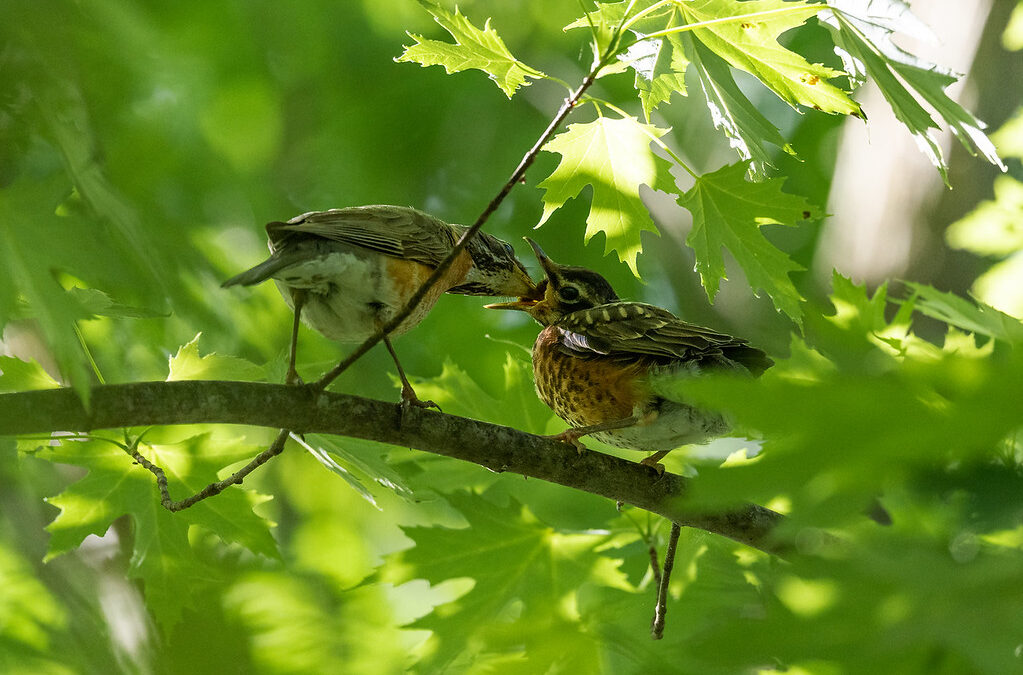Growth is a popular term in economic circles, but our focus is spiritual growth. Consider the evolving perception of Gus Speth, who has served as Administrator of the United Nations Sustainable Development Group. Speth once thought the top global environmental problems were biodiversity loss, ecosystem collapse and climate change. Speth now writes:
But I was wrong. The top environmental problems are selfishness, greed and apathy, and to deal with these we need a spiritual and cultural transformation, and we scientists don’t know how to do that.
Willingness to embrace radical change requires a fundamental shift at the level of deeply held values. To delve in begins with laying the groundwork for contemplation, and dialogue that plumbs our values, causing an evolution of consciousness that transforms the way we perceive our world and our role in it.
To attend to continuing revelation involves dialogue with spirit. And so we allow our thinking on the EMERGE values to grow and evolve.
But what will our spiritual and cultural shift feel like?
Perhaps a deep shift in our idea of ourselves: the emergence of a humanity whose mindful living reintegrates us with our Earth. We could then free ourselves to define affluence by its true meaning: a flow. And the life-saving results could happen relatively quickly, for we’ll be siding with the power of nature.
Put us in, Coach.
How We Relate to Those Who Aren’t Ready Yet
On the theological level, to reimagine our place vis-a-vis the universe is so important to us as individuals, to our communities, to human progress.
Our society seems bent on distracting us from the task every hour of every day. But we take courage in knowing that Quakers are uniquely positioned, amongst Christian-influenced communities, to focus on a spiritual shift. For we are free to sit with religious texts, to engage with them, and to consider continuing revelation.
We’re challenging embedded market thinking. Sometimes, the struggle between social pressure and our values is evident within our own spiritual communities. Sometimes, it’s within our individual selves, to be resolved as we grow, with each others’ support.
“Surfacing the conflict” is important. This itself is a challenge to us, for we seek peace. Yet our commitment to nonviolence does not insulate us from conflict and pain in spiritual work. On the contrary, our openness to spirit may infuse our lives with turmoil.
Transparent, courageous communication reminds people that we’re not in unity. We recall how Benjamin dispensed a dose of agitas to the slave-owning Quakers who came to 18th-century Meetinghouses to worship in tranquility. And we remember what Benjamin was so upset about: the mindset of domination.
We do this under the weight of interconnected crises. New temperature highs have been set around the world as we write. Present heat waves appear to be accelerating. We live in a make-or-break moment in human history.
We are not here to push fear. We are learning to live in a way that won’t engender the series of emergencies in the first place. We hope to be understood as altruistic and loving in this work. We are not just saving ourselves.
The Climate Action Committee, a standing committee of the Radnor Quaker Meeting in Pennsylvania, invites you into dialogue. Together, let’s explore the meaning of prophetic witness, and how it informs our values in uncharted geological times.
This site will change and grow with your participation, and we can’t wait to watch it unfold.

